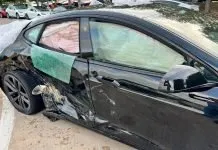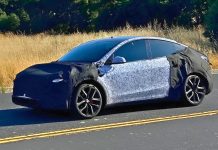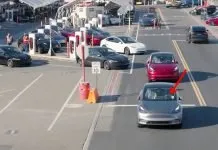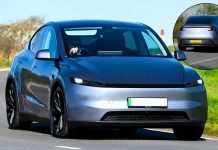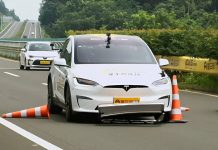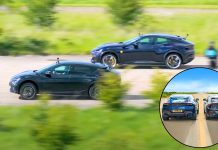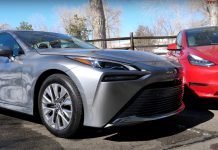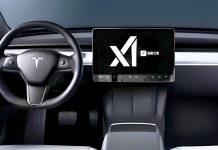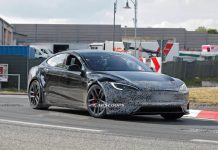In an important legal decision, a Florida jury has found Tesla Inc. partially liable in a fatal 2019 crash involving its Autopilot driver-assistance system, awarding the victims’ families up to $243 million in damages. This case is the first Tesla’s wrongful death lawsuit involving Autopilot or Full Self-Driving (FSD) to go on trial with a final verdict.
According to the jury, Tesla is 33% responsible for the accident that involved the death of 22-year-old Naibel Benavides Leon and severely injured her boyfriend, Dillon Angulo. The Tesla Model S was in Key Largo, Florida, traveling on autopilot, and rolled through a stop sign at a T- T-intersection and crashed into the Chevrolet Tahoe. The driver was George McGee, who had taken his eyes off the road to pick up his dropped phone.
Tesla was found guilty of compensatory and punitive damages of $129 million and 200 million dollars respectively. Nonetheless, since the company was awarded 33% liability only, it owes around $43 million out of the required liability. The punitive damages will most probably not be higher than triple the compensatory, i.e., $243 million.

Plaintiffs Argue Tesla Misled Consumers
The victims claim that Tesla, and especially the CEO, Elon Musk, lied to the customers and persuaded them to believe that Autopilot was more capable than it was in actuality. The plaintiffs highlighted that despite being developed to be used on covered highways with limited access, Tesla had no limitations when using the Autopilot on other roads, which encouraged the drivers to trust the system in inappropriate situations.
To put it in the words of the lead attorney representing the victims, Brett Schreiber, Tesla created Autopilot to be used in controlled access, highways, but decided not to limit people from using it in other places, nonetheless. That is what Elon Musk informed the world that Autopilot was a better driver than people. The deceptions by Tesla made our streets guinea pigs to their technologically unsound gadgetry.”
Only the jury seemed to concur, agreeing that the marketing and the design of its systems at Tesla were part of the factors that led to the deadly accident.
Driver Testimony Undermines Tesla’s Defense
The lawyers of Tesla claimed that the accident was caused only by the driver. They said that McGee was over the speed limit, and he had his foot on the accelerator, which goes past Autopilot. According to Tesla, none of the cars that were on the market in 2019 (or even today) would have stopped the accident under those circumstances.
But key to this were the statements of McGee himself. Musk testified that he had thought that the Autopilot would be helpful in situations where he made a mistake. In that regard, he does feel it failed him during the trial. This statement reinforced the argument of the plaintiffs that the description of Autopilot by Tesla misled people into thinking that it is safer to use than it is.
Tesla Responds, Plans to Appeal
Tesla responded to the court decision by releasing a statement in which it strongly disagreed with the ruling and intended to appeal.
A company representative said that the decision today is erroneous, and it just serves to roll back automotive safety. Although the conclusion of this jury was that the driver was the main cause of this tragic incident, the evidence has never been in doubt that the behavior of this driver alone was responsible.
Tesla also made objections to the trial process owing to what it termed as a serious violation of the law and irregularities.
The verdict is a significant blow to Tesla, which is already under scrutiny from regulators and lawmakers over the safety of its advanced driver-assistance systems. The decision also marks a rare case where a jury did not accept Tesla’s standard defense that drivers must always remain responsible and attentive while using Autopilot.

